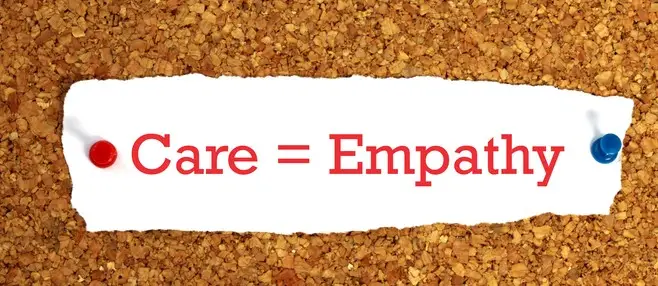How to foster a compassionate approach when patients share bad news...
In your dental practice, building and maintaining a positive rapport with patients is crucial. Occasionally, you may encounter patients who share difficult or upsetting life news. Responding with empathy and professionalism can significantly impact their experience and trust in you as their healthcare provider. Here are some effective ways to respond to a patient’s bad life news:
1. Active Listening
Active listening involves fully concentrating, understanding, responding, and then remembering what the patient has said. This can be achieved by maintaining eye contact, nodding, and verbally acknowledging their feelings. Phrases like “I’m really sorry to hear that” or “That sounds incredibly difficult” show that you are present and empathetic.
2. Express Empathy
Empathy is key in building a trusting relationship. Simple statements like, “I can’t imagine what you’re going through” or “That must be very hard for you” can go a long way. It’s important to be genuine in your responses, as patients can easily detect insincerity.
3. Offer Support
While your primary role is oral health care, offering emotional support can enhance the patient experience. Letting them know that you are there for them can be comforting. For example, saying, “If there’s anything I can do to help you feel more comfortable during your visit, please let me know” shows compassion and willingness to assist.
4. Maintain Professional Boundaries
While empathy and support are important, maintaining professional boundaries is crucial. It’s essential to avoid delving too deeply into personal matters or offering advice outside your professional expertise. Instead, you can suggest they speak with a counselor or therapist if they need more extensive support.
5. Adjust the Treatment Plan if Necessary
If a patient is experiencing significant stress or emotional distress, it may be appropriate to adjust the treatment plan. For instance, if a procedure is not urgent, you might offer to reschedule it for a time when they feel more up to it. Always consider their emotional and mental well-being alongside their dental health needs.
6. Follow Up
If appropriate, a follow-up call or message to check on the patient can show that you genuinely care about their well-being. A simple message saying, “I was thinking of you and hope you’re doing okay” can mean a lot to someone going through a tough time.
As a dentist, you play a role in your patients’ overall well-being. By responding to bad life news with empathy, support, and professionalism, you can help ensure they feel valued and cared for, beyond their dental needs.




